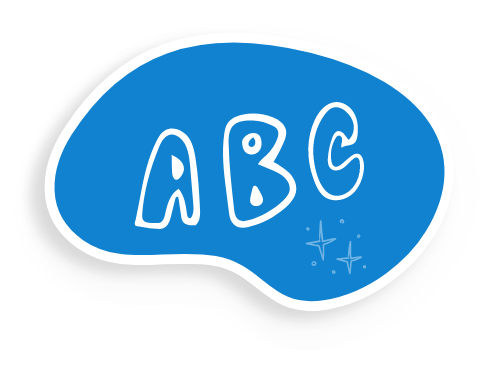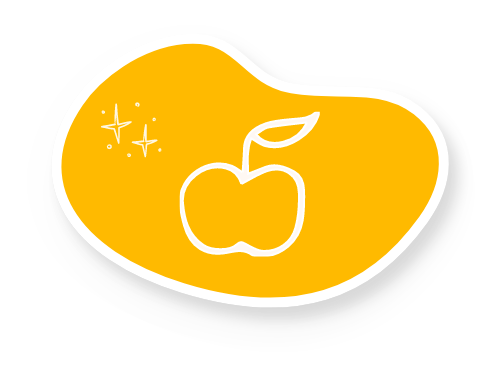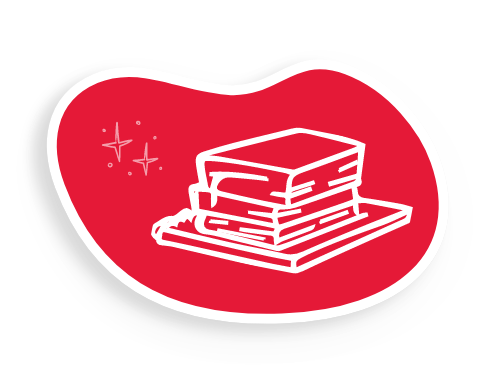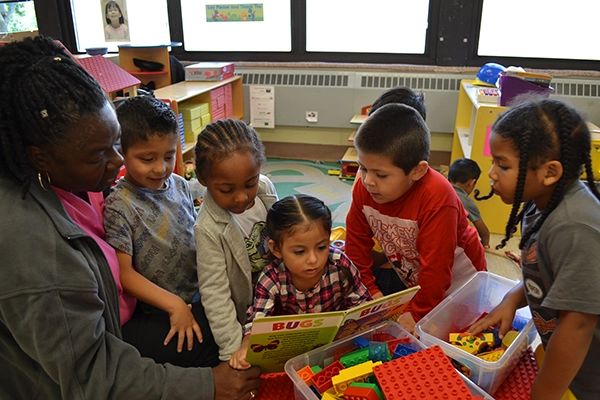
New Castle County Head Start, Inc. is a federally funded comprehensive early childhood education program designed to meet the educational, social, emotional, health, nutritional, and physical needs of children from income-eligible families. The Early Head Start program provides weekly child-focused home visits for pregnant women and people, and children ages birth to 3 years. The Head Start part-year and full-day programs provide center-based early education services for children ages 3 to 5 years. New Castle County Head Start, Inc. teachers and staff members work closely with children and their families to help them gain the skills needed for long-term success in school – both academically and socially.
Early Head Start – home-based program for pregnant women and people, young children, and their families
Early Head Start is designed to meet the needs of pregnant women and people, infants, and toddlers up to age three. We promote healthy prenatal outcomes, enhance the development of very young children, and foster strong, positive family relationships.
Our early-age curriculum offers learning experiences that stimulate cognitive and motor skill development. Health and nutrition services ensure children receive proper medical attention, vaccinations, and nutritious meals to support their overall well-being. Meals follow nutritional guidance from the State of Delaware, Child and Adult Care Food Program (CACFP) and are reviewed by a licensed nutritionist.
Head Start – center-based program for preschool-age children
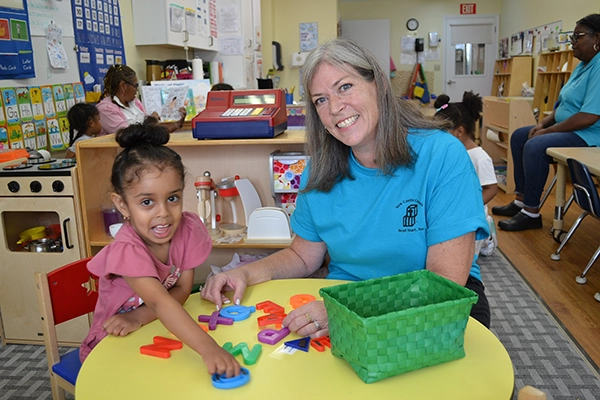
Head Start offers two options that operate five days a week:
- Part-year
- Nine-month program from 8:30 a.m. to 2:45 p.m., including breakfast and lunch
- Full-year
- Twelve-month program from 7:30 a.m. to 5:30 p.m., including breakfast, lunch, and a snack. Eligibility for the full-day year program requires Purchase of Care (POC) Authorization.
Through engaging and enriching learning experiences, children develop essential cognitive, social, and emotional skills that form the foundation for future academic success. The age-appropriate curriculum features hands-on activities and play-based learning and is designed to be culturally inclusive, recognizing and respecting the diversity of the families served.
Family Support Services
NCCHS provides families with resources to address a wide range of needs, including housing assistance, employment training, continuing education, financial coaching, parenting skills, and training opportunities. Through numerous partnerships with local community resource organizations, we help to position families for lifelong success.
Curriculum
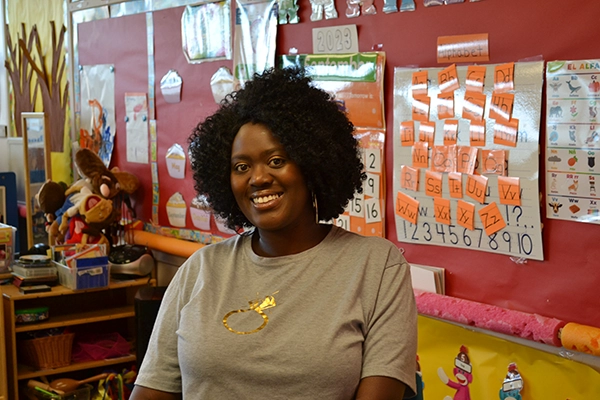
NCCHS uses Creative Curriculum, Teaching Strategies Gold (TSG), Doors to Discovery, the Pyramid Model, and Conscious Discipline to support the social-emotional foundations for Early Learning.
- Creative Curriculum and TSG help students utilize the classroom environment productively and see themselves as capable learners. A carefully organized and print-rich setting is the foundation of the curriculum. Creative Curriculum focuses on 38 learning objectives and dimensions, which define the learning goals for children. Teachers record observations on children daily and input observations in each child’s assessment portfolio, which helps and supports teachers in identifying children who might benefit from extra help.
Student outcome reports are reviewed by program management, center management, and classroom staff throughout the year. Teachers use the reports to assess the needs and strengths of each child and create individualized lesson plans and activities to promote development. Teachers review the child’s conference forms with parents at parent/teacher conferences. A final outcome report measures the progress that all children have made during the program year and provides important information for planning staff training and classroom needs.
- Doors to Discovery curriculum focuses on developing language and literacy skills for a successful kindergarten transition. Key components of the program include letter recognition, letter sounds, and a general understanding of reading and writing.
- The Pyramid Model principles promote healthy social and emotional development for early learning and prevent challenging behaviors. The Pyramid Model curriculum supports the students’ development of self-regulation skills. All staff members receive Pyramid Model training and work cooperatively to promote each student’s social and emotional growth.
Conscious Discipline is a trauma-informed social and emotional learning curriculum. It is a leader in classroom management and provides a transformational, whole-school solution for social-emotional learning and self-regulation.
School Readiness Goals
The School Readiness Goals are specific program areas of focus for the academic year that will improve student readiness for kindergarten. These goals are established by the NCCHS Advisory Committee and Program Administrators, who review, aggregate, and analyze data from student and teacher assessment tools. Domain areas with low growth are considered a priority in the development of the goals.
